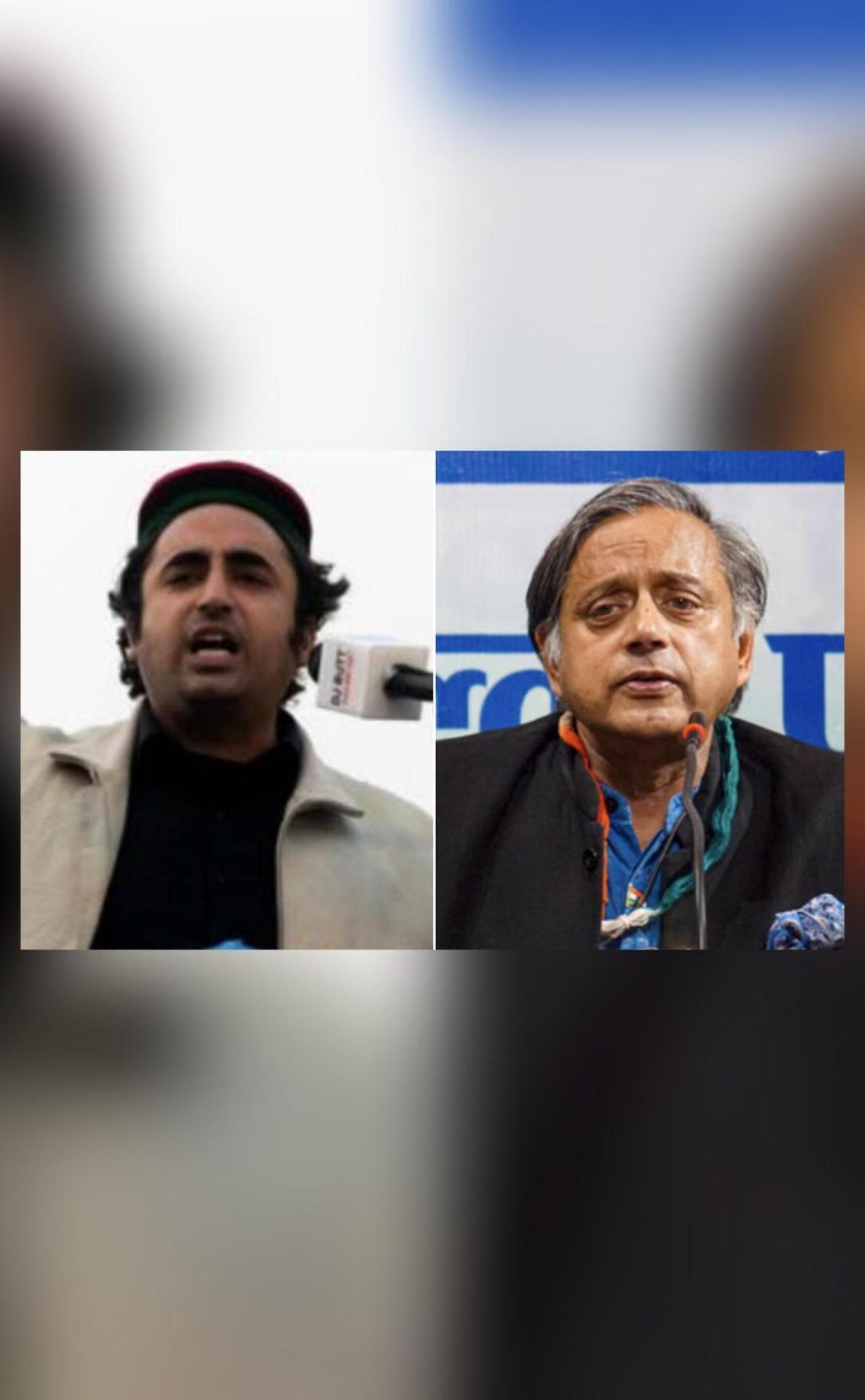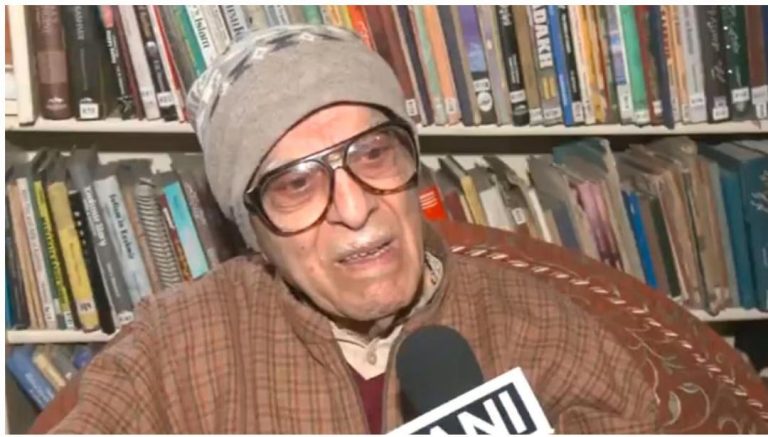
Just Inflammatory Rhetoric: Tharoor on Bilawal Bhutto’s Remark
In the ever-tumultuous world of international politics, statements made by leaders can have far-reaching consequences. Recently, Pakistani politician Bilawal Bhutto made a remark that sparked a heated debate, and Congress MP Shashi Tharoor was quick to respond. In this blog post, we’ll delve into the context of the remark and Tharoor’s reaction to it.
For the uninitiated, Bilawal Bhutto, the chairman of the Pakistan Peoples Party, made a statement in response to India’s decision to suspend the Indus Waters Treaty over the Pahalgam attack. The attack, which took place on August 9, 2022, left several civilians dead and injured. Bhutto’s remark was seen as provocative, to say the least, and it didn’t take long for Tharoor to respond.
Tharoor, a seasoned politician and a prominent voice in Indian politics, took to social media to express his dismay at Bhutto’s statement. In a tweet, he said, “Pakistanis have to understand they simply can’t kill Indians with impunity. If blood is going to flow, it will flow possibly more on their side.” These words were a clear rebuke to Bhutto’s remark, and they sent a strong message to the Pakistani politician.
So, what sparked this reaction from Tharoor? To understand the context, it’s essential to look at the events that led up to Bhutto’s statement. The Pahalgam attack, which was carried out by terrorists, was a heinous act that left many innocent civilians dead and injured. India’s decision to suspend the Indus Waters Treaty was a response to this attack, as it was seen as a clear message that India would not tolerate such acts of violence.
Bhutto’s remark, which was seen as an attempt to intimidate India, was met with widespread criticism. Tharoor’s response was a clear indication that India would not be bullied or threatened by such statements. By saying that if blood was going to flow, it would flow more on Pakistan’s side, Tharoor was sending a strong message that India would not back down in the face of such provocation.
Tharoor’s reaction was also seen as a reflection of the growing frustration among Indians over the repeated attacks on their citizens. The Pahalgam attack was just the latest in a long line of attacks carried out by terrorists, and it’s clear that something needs to be done to stop these acts of violence.
In this context, Tharoor’s remark takes on a different meaning. He’s not just reacting to Bhutto’s statement; he’s also speaking to the broader issue of terrorism and the need for India to take a firm stance against it. By saying that Pakistanis can’t kill Indians with impunity, Tharoor is emphasizing the need for accountability and the need for India to protect its citizens.
Tharoor’s reaction has also been seen as a sign of the growing tensions between India and Pakistan. The two countries have a long history of conflict, and it’s clear that the situation is only getting more complicated. The suspension of the Indus Waters Treaty is a clear indication that India is willing to take a stand against Pakistan’s aggression, and Tharoor’s reaction is a reflection of this stance.
In conclusion, Tharoor’s reaction to Bhutto’s remark was a clear indication that India would not be intimidated or threatened by such statements. The Pahalgam attack was a heinous act that left many innocent civilians dead and injured, and India’s decision to suspend the Indus Waters Treaty was a response to this attack. Tharoor’s remark was a strong message to Pakistan that India would not back down in the face of provocation, and it’s clear that the situation is only going to get more complicated.
As tensions continue to rise between India and Pakistan, it’s essential to remember that diplomacy and dialogue are essential for resolving conflicts. However, in the face of such provocation, it’s also essential for India to take a firm stance against terrorism and to protect its citizens. Tharoor’s reaction was a clear indication that India is willing to do just that, and it’s a sign that the country will not back down in the face of such aggression.




